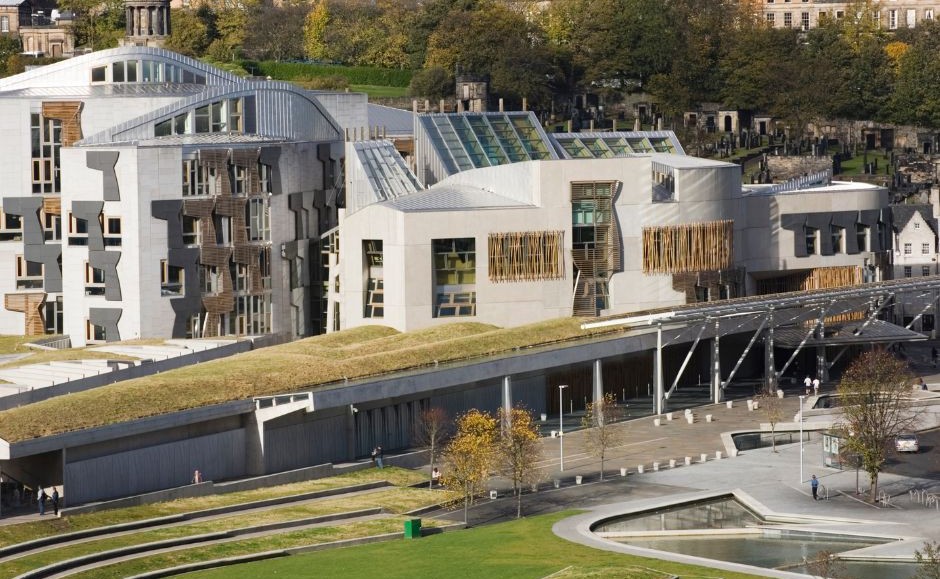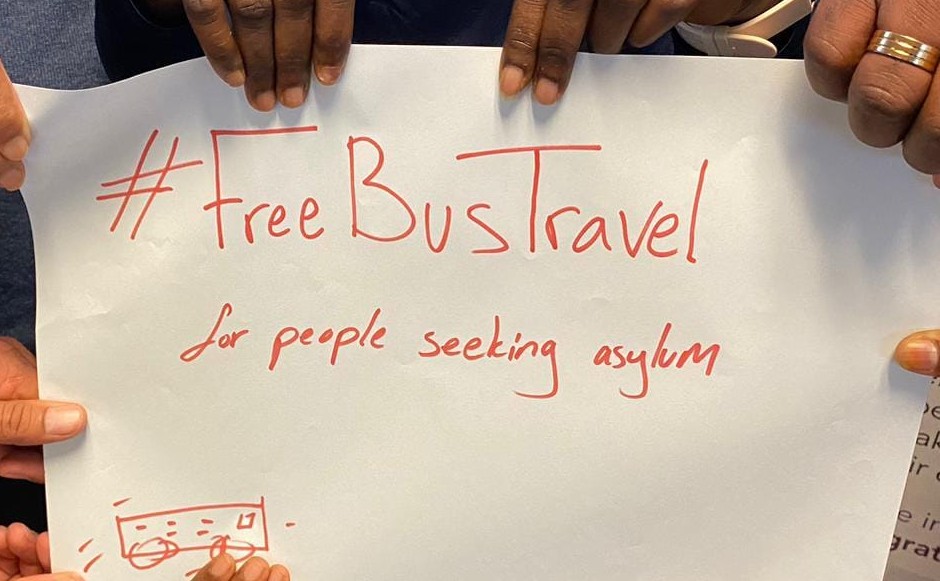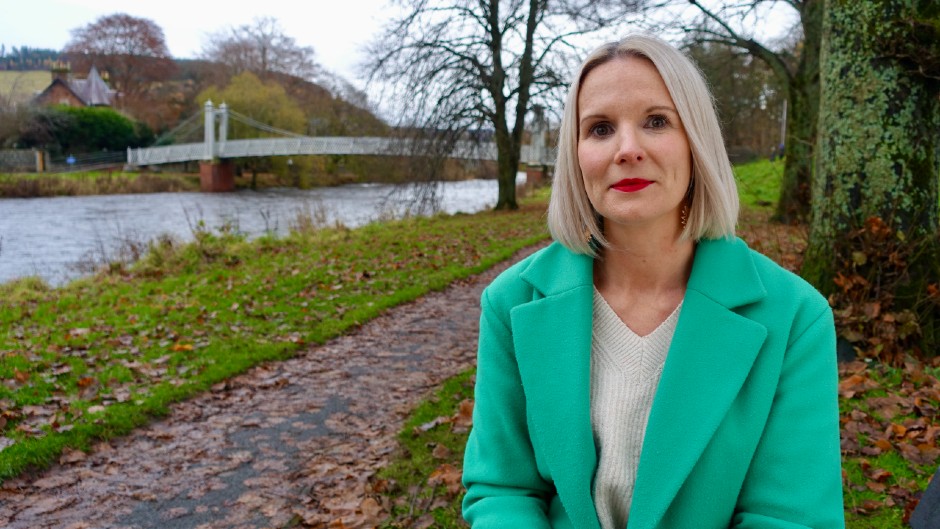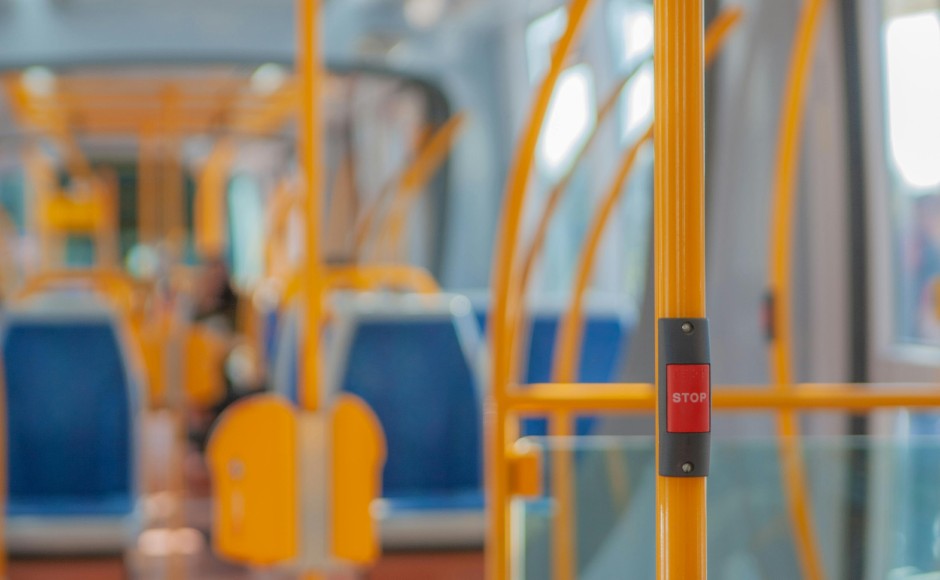MSPs urged not to penalise vulnerable groups for political gain
Published on 11 December 2024 3 minutes read
The Church of Scotland and the Scottish Catholic Church have urged MSPs to resist pitting vulnerable groups in our society against one another and recommit to providing free bus travel for asylum seekers.
Ahead of an opposition budget debate in the Scottish Parliament today, both are concerned that there are attempts once again to renege on commitments made to people seeking asylum, and that these are coming in the name of older people due to Winter Fuel Payment means testing.
Scotland has a population of 5.5 million and a budget of around £64 billion for 2025-26 and parliamentarians must work together for the greater good to ensure marginalised groups are not unfairly disadvantaged.

The Church of Scotland and Justice & Peace Scotland (Scottish Catholic Justice and Peace Commission) are well aware of the increasing financial pressures facing older people as both churches support thousands of older people in their communities, both pastorally and materially.
At the same time, congregations are welcoming New Scots, supporting with basic needs, English language classes, and providing spaces to belong.
Our refugee members have informed us just how valuable a policy of free bus travel would be.
Emma Jackson, Convener of the Public Life and Social Justice Group of the Church of Scotland said: "I would really urge all our politicians to use language which upholds human rights and human dignity for everyone in our society.
"The racist violence and riots we saw over the summer pitted communities against one another.
"While our political leaders may robustly disagree about particular policies, we look to them to use language that is anchored in dignity, respect and compassion for everyone."

The Church of Scotland and Catholic Church are committed to standing in solidarity with every member of our communities, of all ages and backgrounds.
We call on MSPs to resist attempts to divide our society, and instead show support to people who have come to Scotland seeking sanctuary and new beginnings.
Jill Kent, chairperson, Justice & Peace Scotland said: "As we strive to realise social justice for all in our society, Justice & Peace Scotland remind everyone of Christ's teaching to welcome the stranger and to love our neighbour as ourselves.
"This is particularly relevant as we approach the season of Christmas.
"The Holy Family were themselves once refugees and the encouragement and solidarity we can show in our political debates to those who find themselves on the margins is as important as ever.
"In this season of goodwill to all people, I hope that all these discussions will be characterised in a spirit of kindness and generosity."
Asylum seekers are not permitted to work while their claims are being assessed and are often living on as little as £8.86 per week, meaning public transport is completely unaffordable.

A day ticket in Glasgow costs £5.60, more than half of people seeking asylum's weekly allowance.
Access to free bus travel would be positively life-changing and mentally transformative for those otherwise stuck in an inadequate and slow asylum system.
It would allow people to access worshiping spaces, make important appointments, attend languages classes and stay connected with friends.
In October 2023 the Scottish Parliament debated this policy and supportive statements were made by all parties in the parliament.
This led to the announcement at the December 2023 budget that the Scottish Parliament would be dedicating £2 million towards a pilot.
A small sum in the larger budget, but hugely encouraging for the people who would benefit from it.
In August 2024 the Scottish Government announced that they would be scrapping the pilot scheme.
This came as a huge shock as the pilot was included in the government's own refugee strategy, and was especially upsetting coming just weeks after the appalling far-right riots we saw break out across England and Northern Ireland.
In October 2024 the Scottish Parliament debated the issue once again and overwhelmingly supported the policy.
